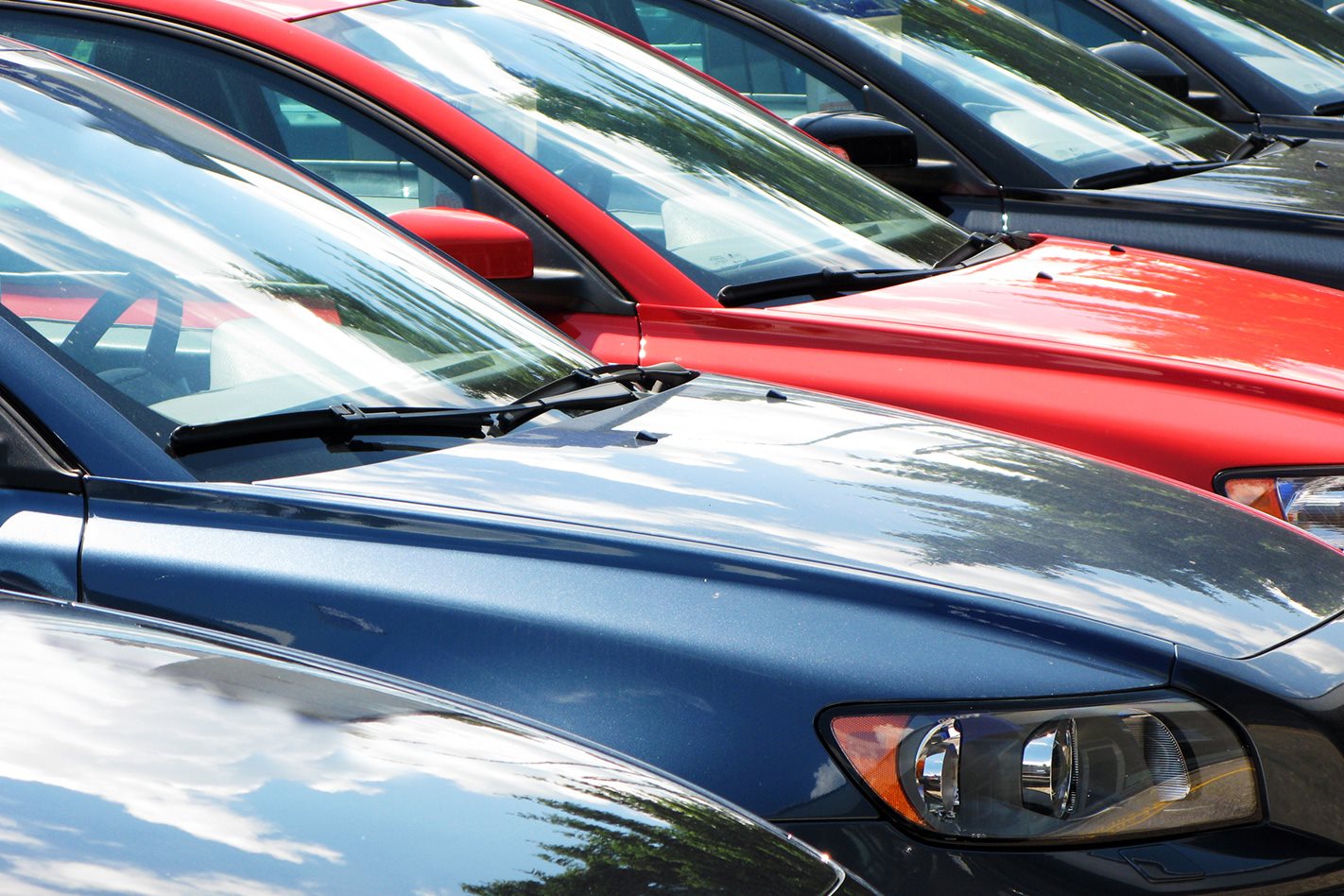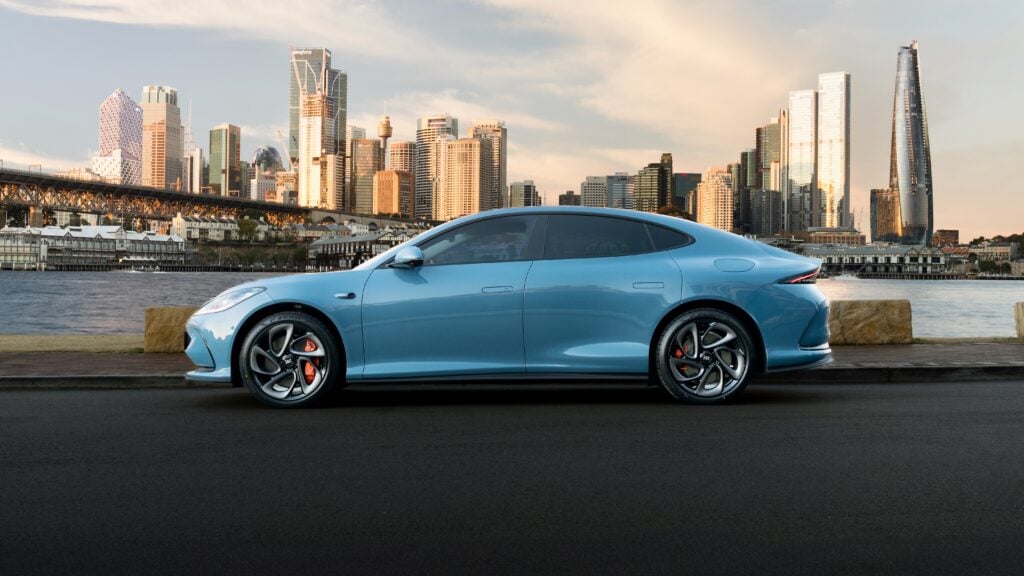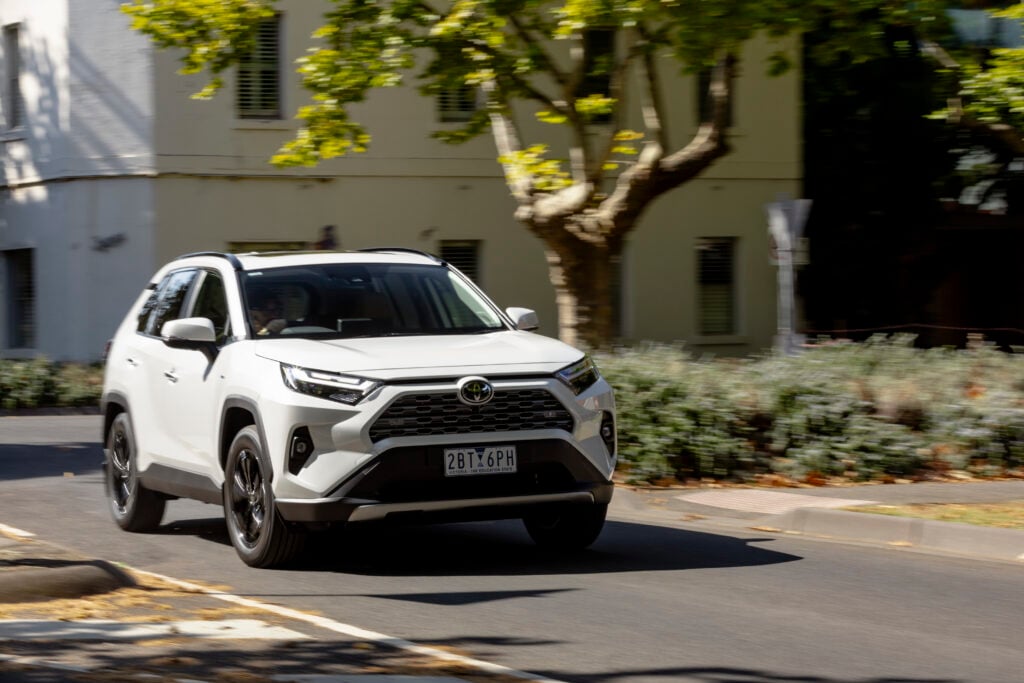
Regardless of the reason you’re upgrading your car, it’s a common dilemma to find yourself in. Shinny and new with a bigger price tag, or used and cheap?
NEW CARS
New cars might be more expensive, but you’re paying for peace of mind. Unlike used cars, new cars are likely to be more reliable and offer you, as the buyer, more confidence in your purchase – it’s unlikely a new car has been put through its paces causing problematic mechanical issues later down the track.
Warranty is included with a new car. A three, five even seven year warranty is likely to be included in your new car purchase, which will save you money on any mechanical issues and servicing.
Most manufacturers offer capped price servicing for the duration of the warranty meaning no nasty surprises even when the car is working fine.
Buy a car straight off the truck gives you more choice. You can choose what colour you want, the accessories, and any additional options you may decide on, like safety or driver assistance tech.
All the parts in a new car are… well, new. So the car itself is bound to be more fuel efficient. Add to that the fact manufacturers are constantly aiming to improve fuel efficiency and emissions and you’ve got yourself an on-road saving.
As mentioned above, a car will lose most of its value in the first two years of being on the road. So buying a new car is probably the worst ‘investment’ you’ll make. You’ll lose at least 40 per cent to depreciation before you’ve even reached the end of your warranty period.
There are new-car bargains to be found. Run-out deals and plate clearances are a good way to buy a near-untouched car for an excellent price, though it will probably depreciate faster.
USED CARS
The biggest appeal of buying a used car is the slashed price. Cars lose most of their value in the first two to three years, so buying a pre-owned vehicle means you can slash a few dollars of the pricetag and have yourself a bargain. Look for the cars that are only a couple of years old, with low kilometres and check out mechanically.
Even if you’re considering buying a new car, going second-hand may allow you to spend your budget on a top-spec version of the same model with more of the bells and whistles. It may be a little older, with a few extra kilometres, but for the price you may just get the luxury interior or safety package that you otherwise couldn’t afford when new.
The biggest problem with buying used cars is you don’t know a lot about its history. Sure, you might have the service history, but you don’t know how the driver drove the car. Like, how many times did they take the family sedan to the country and thrash it on those gravel roads? As a result, you could be in for a rough time on maintenance costs.
With the unknown history and age comes a little less fuel efficiency. The older your car gets, the less fuel efficient it becomes. As the mechanics of the car wear down, moving the vehicle becomes more strained, which means it needs more power, from fuel, to get going.
Buying used means you’re sacrificing warranty and potentially, reliability. Unless it’s still under the factory warranty you probably won’t get capped price servicing, and there’s no manufacturer fall-back should something happen to your car, which could end up costing you whatever you saved on the purchase.
Demonstrator models are also a good near-new used-car option. They’re usually low on kilometres and have been used by dealerships to show other customers the car so are usually driven carefully. Just make sure, when negotiating the sale, to check what warranty the dealer is offering.
Most importantly, when buying used, make sure you check the car thoroughly and ensure how much money the car has owning on it or if it’s been reported stolen before you go through with the deal, particularly in the instance you’re buying from a private seller.




